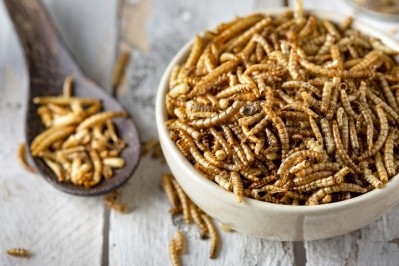Identifying some foods as addictive could bring health benefits, scientists say

Conceptualising ultra-processed foods high in carbohydrates and fats as addictive substances can contribute to efforts to improve health, they argued.
“There is converging and consistent support for the validity and clinical relevance of food addiction,” said Ashley Gearhardt, the article’s corresponding author and a psychology professor at the University of Michigan. “By acknowledging that certain types of processed foods have the properties of addictive substances, we may be able to help improve global health.” Behaviours around ultra-processed food, which are high in refined carbohydrates and added fats, may meet the criteria for diagnosis of substance use disorder in some people, he said. Those behaviours include less control over intake, intense cravings, symptoms of withdrawal, and continued use despite such consequences as obesity, binge eating disorder, poorer physical and mental health, and lower quality of life.
While people can give up smoking, drinking, or gambling, they can’t stop eating, said co-author Alexandra DiFeliceantonio, assistant professor at the Fralin Biomedical Research Institute. The challenge, and the open and controversial question, is defining which foods have the most potential for addiction and why. In a review of 281 studies from 36 different countries, researchers found ultra-processed food addiction is estimated to occur in 14 percent of adults and 12 percent of children.
Not all foods have the potential for addiction, the researchers said.
“Most foods that we think of as natural, or minimally processed, provide energy in the form of carbohydrate or fat – but not both,” DiFeliceantonio said.
Researchers gave the example of an apple, salmon, and a chocolate bar. The apple has a carbohydrate to fat ratio of roughly 1-to-0, while the salmon has a ratio of 0-to-1. In contrast, the chocolate bar has a carbohydrate to fat ratio of 1-to-1, which appears to increase a food’s addictive potential.
“Many ultra-processed foods have higher levels of both. That combination has a different effect on the brain,” DiFeliceantonio said.
The researchers, represent international expertise on food addiction, nutrition physiology, gut-brain reward signaling, food policy, behavioral addiction, and eating disorders, therefore called for more study into such areas as: how complex features of ultra-processed foods combine to increase their addictive potential; better defining which foods can be considered addictive; differences among countries and communities, including disadvantaged communities; the value of public-health messaging; and clinical guidelines for preventing, treating, and managing addiction to ultra-processed foods.
“Given how prevalent these foods are, they make up 58 percent of calories consumed in the United States, there is so much we don’t know.” DiFeliceantonio said.
Critiques of UPF addiction
While there are notable parallels between addictive substances and UPFs, there are also unanswered questions. Critics of the UPF addiction perspective have noted that specific addictive chemicals, such as nicotine for tobacco addiction, have not been identified for foods. Addictive chemicals potently activate endogenous reward systems, triggering addiction in some people, the researchers revelead. Although refined carbohydrates and fats do not act on reward systems directly, they seem to activate neural reward systems to a similar magnitude as nicotine and ethanol, they said. However, the presence of an addictive chemical is not sufficient to render a substance addictive – for example, aubergines contain nicotine. Dose and route of administration, therefore, matter.
Even with well-studied addictive substances such as nicotine, the exact dose and intake level at which addiction occurs is unknown, the researchers noted. Similarly, the additive potential of UPFs is unlikely to be determined by the presence of a single chemical such as sucrose. Research has generally focused on single ingredients in UPFs, and further study therefore is needed to investigate how UPF ingredients interact to increase addictive potential, they said. “It will also be important to explore at what dose and at what level of intake rewarding chemicals in UPFs are most addictive.”
Reference
International team of scientists says identifying some foods as addictive could shift attitudes, stimulate research
BMJ
DOI: 10.1136/bmj-2023-075354
















